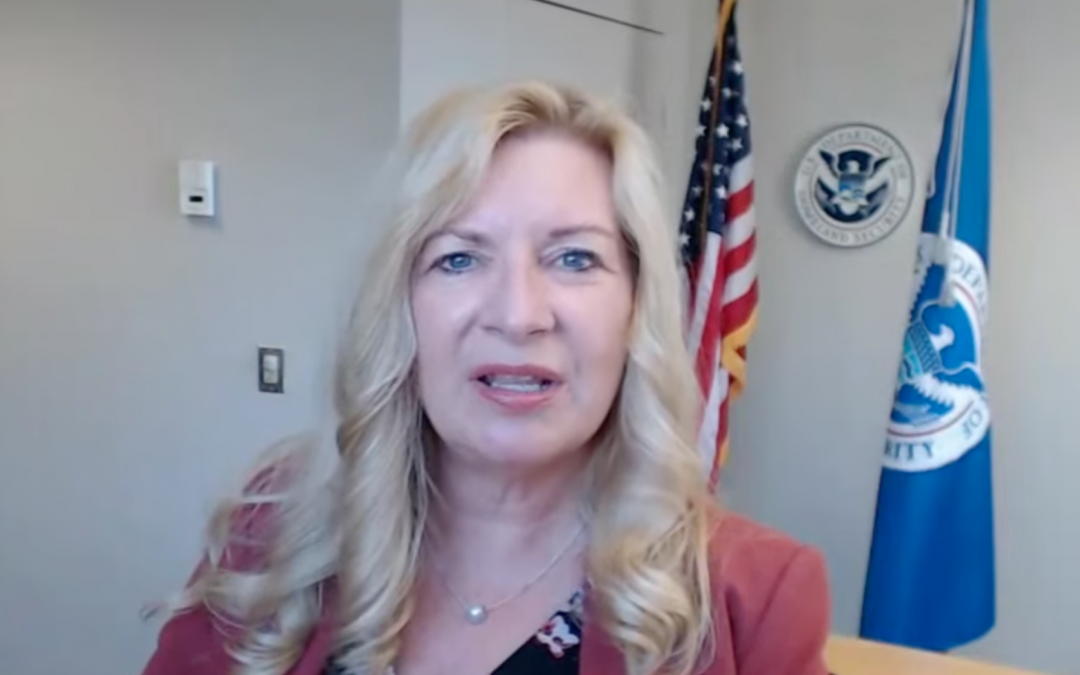WASHINGTON – The Transportation Security Administration and the Department of Homeland Security are looking to work with employees to get vaccinated or receive an approved exemption prior to Thanksgiving when President Biden’s executive order for federal employees takes effect.
Representatives from both agencies appeared on Thursday before the Oversight, Management and Accountability subcommittee where they faced questions regarding their plans to meet Biden’s Nov. 22 mandate.
Rep. Diana Harshbarger, R-Tenn., raised concerns about rural airports’ ability to function amidst the heavy travel season if TSA is stretched thin.
“It could be detrimental to not just DHS or those TSA employees, but to a lot of different facilities,” Harshbarger said.
In 2020, more than 9.4 million people were screened by TSA during the Thanksgiving travel period, according to CNN.
The DHS workforce is 64% vaccinated, the agency’s chief human capital officer, Angela Bailey, told lawmakers.
Randolph Alles, acting under secretary for management, said effective communication and making vaccines readily available to employees is a critical part of the agency’s campaign to meet the vaccine requirement.
Alles said he doesn’t want to lose employees over the mandate and plans to keep attempting to educate the workforce about the safety and efficacy of the vaccine.
“If there are shortages there in those airports, we’ll have to address those in stride through additional hiring or moving temporary employees to keep things open,” Alles said.
DHS is working to make sure there is a “reasonable accommodation process” in place for medical or religious exemptions.
“We’re not in the business of removing our employees. We’re in the business of trying to make sure we educate them, that we provide every opportunity to get vaccinated or to put in for reasonable accommodation,” Bailey said.
It’s a national security issue for leadership to make sure every employee is on board with COVID-19 procedures, she added.
A study released by the Rural Policy Research Institute’s Center for Rural Health Policy Analysis found rates of COVID-19 mortality more than double urban ones, which correlates with the lower vaccination rates in rural areas.

